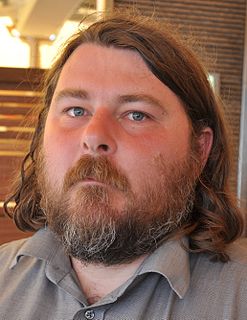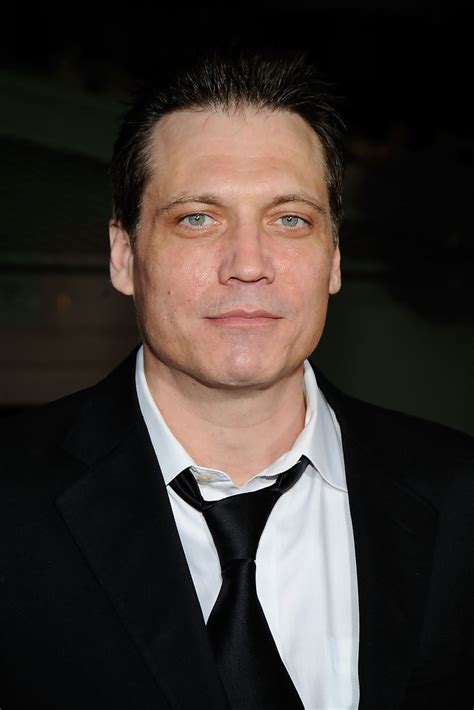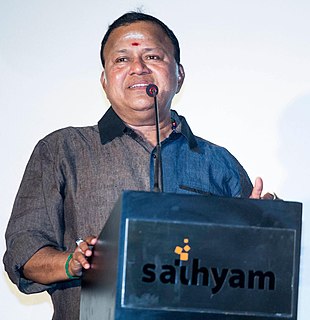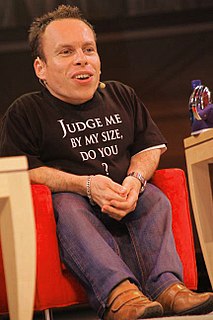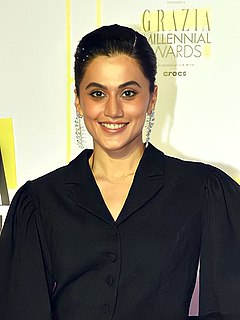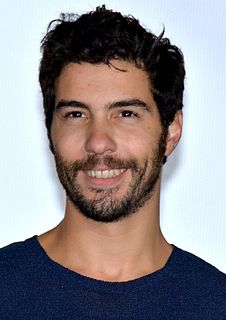A Quote by Jisshu Sengupta
After reading the script I ask the director about my character's background, what does he do, how he walks, talks, what clothes he wears... I ask the director how he is looking at it.
Related Quotes
When a director narrates a character, I find it normal to ask questions about the character's background, mood swings, eccentricities, behaviour... I do this to make my performance relatable. Directors who don't know their characters well find it difficult to answer these questions and, hence, find me annoying.
Let’s not ask Barbara Walters about how Muslim women feel. Let’s not ask Tom Brokaw how Muslim women feel. Let’s not ask CNN, ABC, FOX, The London Times, or the Australia Times. Let’s not ask non-Muslims how Muslim women feel, how they live, what are their principles, and what are their challenges. If you want to be fair, ask a Muslim woman. Ask my wife. Ask my mother. Ask a Muslim woman who knows her religion, who has a relationship with her Creator, who is stable in her society, understands her responsibilities. Ask her.


